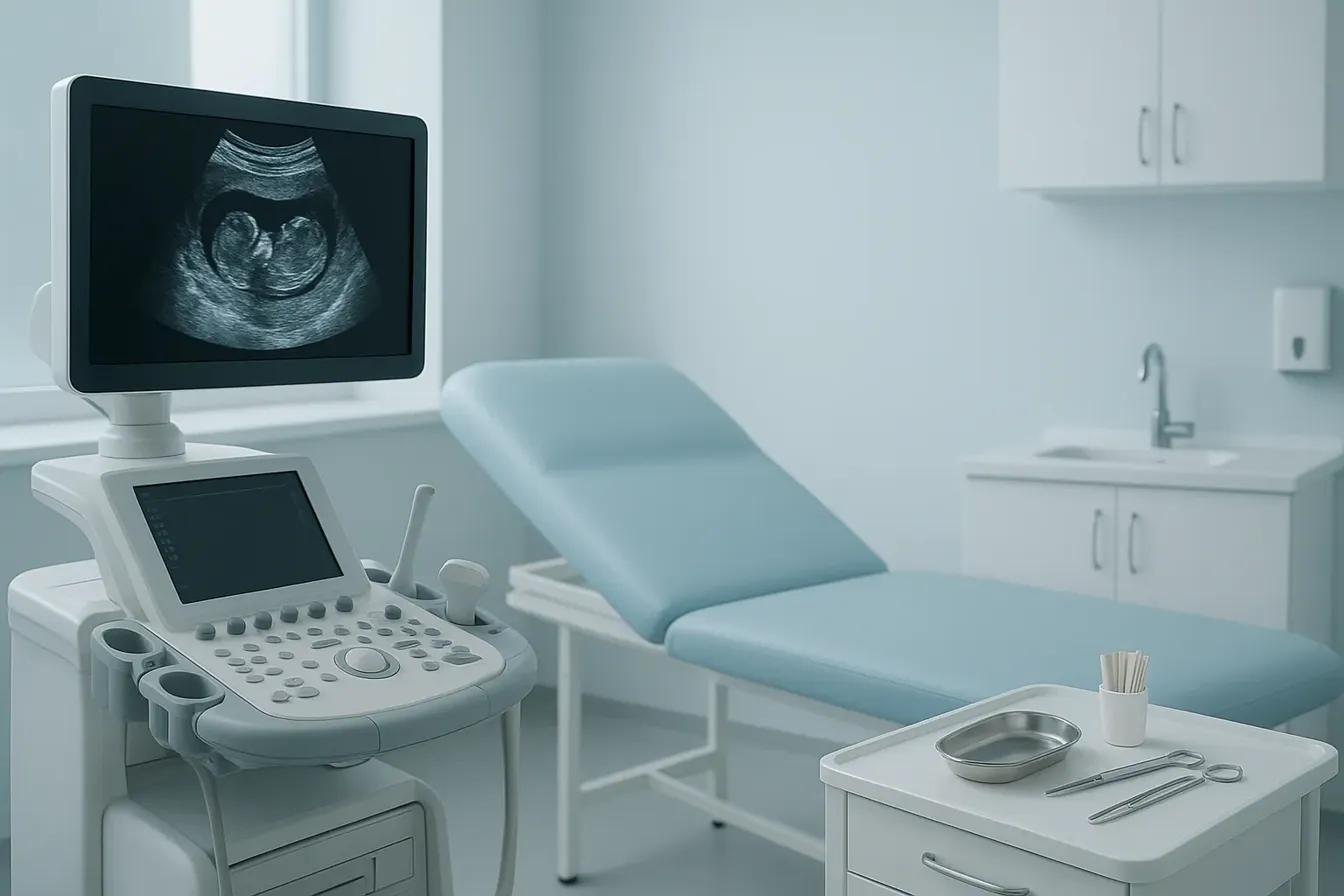Empowering Choices: The Essentials of Birth Control Counseling

Endometriosis affects one in every 10 women in the United States during their childbearing years. While the condition may cause a variety of uncomfortable symptoms, you may worry most about whether or not you’ll be able to have children.
At Raveco Medical, our team of gynecologists have years of experience diagnosing and treating endometriosis. We can work with you on a plan to treat the condition and preserve your fertility so that you can look forward to having the family of your dreams.
What you need to know about endometriosis
Endometriosis is a condition where the lining of your uterus (endometrium) grows outside of your uterus. The tissue can attach to other reproductive organs like the ovaries and fallopian tubes. In some cases, the tissue can also grow over your bladder, rectum, and anus.
Even outside of the uterus, the endometrium continues to function like it normally would, thickening and breaking down each month during your period. However, your body has no way of eliminating these tissues, which causes symptoms like:
- Bloating
- Painful urination
- Pain during sex
- Heavy menstrual bleeding
- Diarrhea and constipation
Some women are also at increased risk for infertility issues because the excess endometrial tissue makes it difficult for eggs to reach sperm for fertilization. Excess tissue can also interfere with the implantation of the fertilized egg inside the uterus.
When to get help for endometriosis
You can have endometriosis without any symptoms and may not require treatment. However, if endometriosis causes symptoms that disrupt your physical health or sexual wellness, you should schedule a diagnostic evaluation with us at Raveco Medical.
If you’re having unprotected sex for at least a year without getting pregnant, you should also contact our office for an appointment. We can confirm your fertility issues relate to endometriosis and not another condition, so you can get the treatment you need to preserve your fertility.
Treatment options for endometriosis-related infertility
Initially, your treatment plan for endometriosis may include pain medications to reduce abdominal discomfort. If you’re trying to get pregnant, our providers may recommend a minimally invasive surgery to remove excess endometrial tissue.
In many cases, removing the excess tissue quickly restores your fertility. We perform laparoscopic surgery through your vagina so you can recover quickly and have a reduced risk for complications.
In some cases, the only treatment option for severe endometriosis pain and complications is a hysterectomy. During this surgery, our physicians would remove your uterus and other affected reproductive organs to stop the growth of endometrial tissue. However, after this procedure, you wouldn’t be able to have children.
We can discuss the options you have for treatment during your consultation. Our goal is to help you achieve the family you want without complications. When you do become pregnant, our team provides comprehensive pregnancy care and obstetrics services to help bring your baby into the world safely.
To schedule a diagnostic evaluation for endometriosis and infertility, call our friendly staff at the office nearest you today or book an appointment online.





.png)